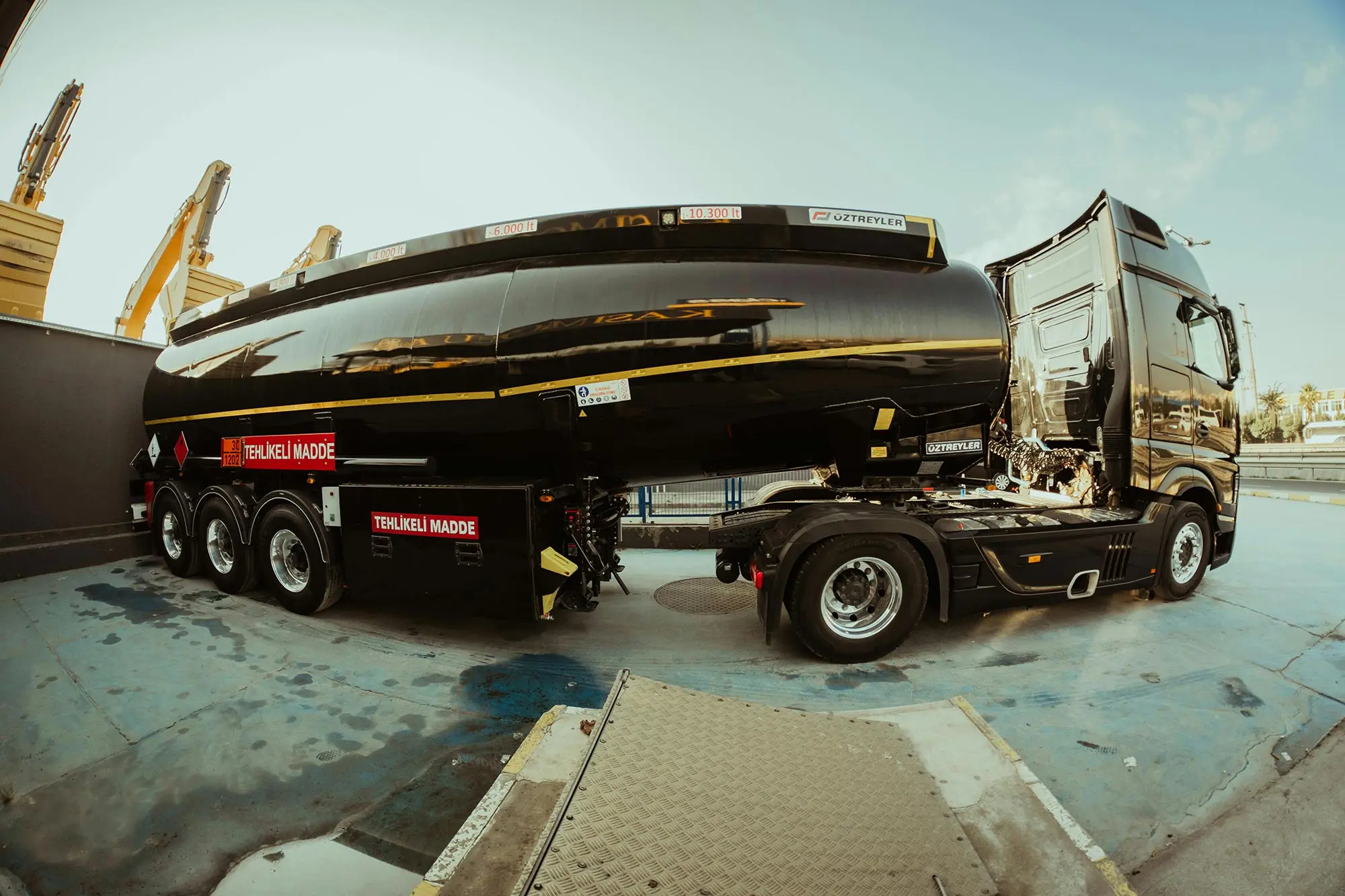In today’s fast-paced world, technology is playing a vital role in transforming the logistics industry. From advanced tracking systems to automated warehouses, technology is driving efficiency, reducing costs, and enhancing the overall performance of supply chains. In this article, we will explore the key technologies that power efficient logistics networks.
Real-Time Tracking Systems
Real-time tracking technologies allow logistics companies to monitor shipments from origin to destination. GPS and RFID tracking systems provide accurate, up-to-date information about a shipment’s location. These technologies ensure transparency, minimize delays, and enable better communication with customers, enhancing service levels and operational efficiency.
Internet of Things (IoT) Integration
The Internet of Things (IoT) connects physical devices, such as vehicles, sensors, and shipping containers, to the internet, enabling continuous data collection and analysis. IoT devices monitor conditions like temperature and humidity, ensuring sensitive goods are transported under the right conditions. This connectivity leads to more efficient, data-driven logistics management.
Blockchain Technology
Blockchain technology ensures secure, transparent, and tamper-proof transactions. By creating a decentralized ledger of all actions taken in the logistics process, blockchain can provide visibility, improve accountability, and reduce fraud. This technology enhances the overall trustworthiness and efficiency of the supply chain, reducing disputes and speeding up processes.
Warehouse Automation

Warehouse automation, including robotics and AI-powered sorting systems, has revolutionized inventory management. Automated guided vehicles (AGVs) and robotic arms streamline the picking and packing process, increasing productivity while reducing human error. This technology enhances operational efficiency and helps manage large volumes of goods with greater precision.
Artificial Intelligence (AI) and Machine Learning
AI and machine learning technologies are increasingly used in logistics for route optimization, demand forecasting, and predictive maintenance. By analyzing data from multiple sources, AI can forecast trends, predict delays, and suggest the most efficient routes for delivery. Machine learning improves over time, becoming more accurate in decision-making.
Drones and Autonomous Vehicles
Drones and autonomous vehicles are transforming the last-mile delivery process. Drones provide a cost-effective and fast way to deliver small parcels in remote or congested areas. Autonomous trucks and delivery robots are becoming more reliable, reducing labor costs and ensuring faster, safer deliveries. These innovations are reshaping how goods are transported.
Conclusion
The integration of advanced technologies like real-time tracking, AI, IoT, blockchain, and autonomous vehicles is revolutionizing logistics. These innovations enhance operational efficiency, reduce costs, and improve the overall customer experience. As technology continues to evolve, the logistics industry will become even more streamlined, paving the way for faster, more efficient global trade.

Leave a Reply